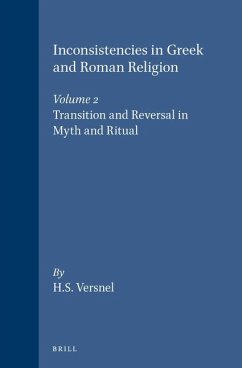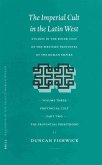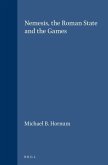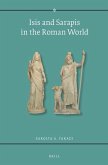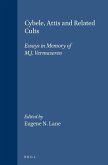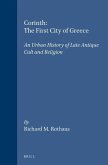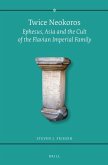This is the second of a two-volume collection of studies on inconsistencies in Greek and Roman religion. Their common aim is to argue for the historical relevance of various types of ambiguity and dissonance. While the first volume focused on the central paradoxes in ancient henotheism, the present one discusses the ambiguities in myth and ritual of transition and reversal. After an introduction to the history of the myth and ritual debate (with a focus on New Year festivals and initiation) in the first chapter, the second and third chapters discuss myth and ritual of reversal -- Kronos and the Kronia, and Saturnus and the Saturnalia respectively; the fourth treats two women's festivals -- that of Bona Dea and the Thesmophoria; the fifth investigates the initiatory aspects of Apollo and Mars. In the background is the basic conviction that the three approaches to religion known as 'substantivistic', functionalist and cultural-symbolic respectively, need not be mutually exclusive.
Hinweis: Dieser Artikel kann nur an eine deutsche Lieferadresse ausgeliefert werden.
Hinweis: Dieser Artikel kann nur an eine deutsche Lieferadresse ausgeliefert werden.

